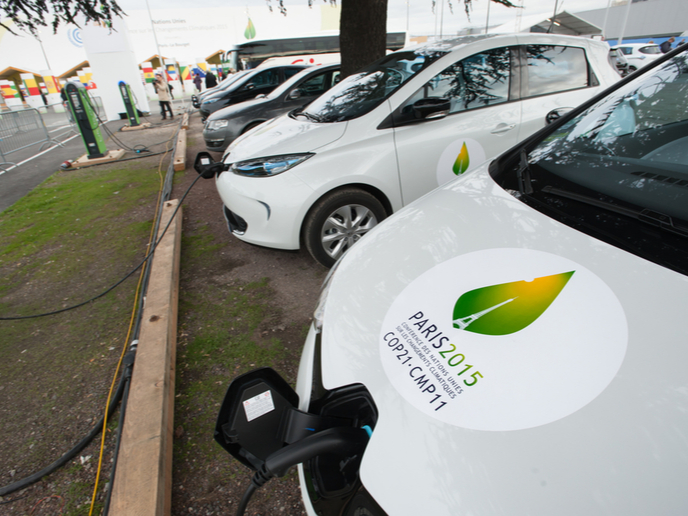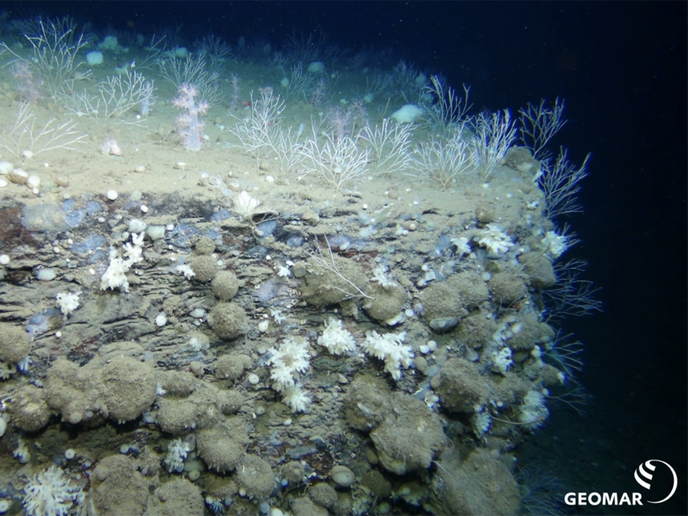Different pathways for different contexts: A country-driven approach to accelerate climate action
Four years after the Paris Agreement, disillusioned voices have never been so loud. The United States has vowed to pull out and the perceived half-hearted nature of other countries’ efforts is starting to show. There is now abundant evidence that the world is far from being on track to keep the global temperature rise well below 2 °C above pre-industrial levels. As urgency grows, work under the COP21:RIPPLES (COP21: Results and Implications for Pathways and Policies for Low Emissions European Societies) project has never been so crucial. From 2016 to January 2020, the project team aimed to better understand what separates our current societies from their potential, Paris Agreement-compliant counterparts. “Our work focused on means to overcome the technology, finance, policy and governance-related barriers to accelerating climate action,” says Marta Torres Gunfaus, Senior Research Fellow at IDDRI and coordinator of the project. “We wanted to provide an integrated assessment of the energy system. The latter is based on the modelling and analysis of physical transformations required to meet the Paris Agreement mitigation goals, the socioeconomic implications of these transformations and the social sciences-based analysis of enabling conditions.”
Going deeper: Not just an EU or global perspective
To stack all the odds in their favour, the project team combined this interdisciplinary analysis with a multilevel approach to research. Rather than focusing strictly on a global or EU perspective, the project team also aimed to understand the national circumstances, policy strategies and transition pathways of individual EU Member States and key non-EU countries. Such a strategy pays off, as most research findings soon highlighted. “Many of our findings make the case for country-driven approaches at national and local levels. These can effectively engage impacted communities and assess economic and societal transformations with clearly identifiable benefits,” Torres explains. Such approaches could be used, still according to project findings, to improve the EU’s 2030 commitment to ensure politically resilient decarbonisation pathways. Of course, effective international cooperation is also imperative to meet the Paris Agreement goals, as Torres points out. “Our research shows that a number of gaps and opportunities exist for each of the sectoral systems. National strategies often fail to tap into the enabling potential of international cooperation and discussions. This applies also to the EU and its Member States, with the European Climate Law and existing governance regulation now providing an opportunity for enhanced governance.”
Moving forward
Besides the country-driven approach, the project provides a range of recommendations for future decision-making. These include: favouring the already-mentioned sectoral approach; a multidimensional framework to assess the adequacy of global and country-level responses; early action on and investment in promising technologies; and challenging the financial system to fix its incapacity to deal with common goods and embrace ‘long-termism’. Finally, the project calls for industrial transformation piloted by a transnational steel sector decarbonisation club. Regarding the changing international context since 2016, Torres says that it only emphasises the need for transdisciplinary and multilevel approaches. “To date, much decarbonisation has been achieved by policy instruments that operate in a largely invisible way for most of society. When their effects in political, social and economic terms (for example in raising consumer prices) become apparent, they may lose legitimacy. To reduce this risk, policymakers seeking to increase the rate of decarbonisation must do so more explicitly and in collaboration with affected communities and sectors. Transdisciplinary and multilevel research can provide a more textured response, embedded in the realities of the different geographies and sectors,” she explains. Now that the project has ended, Torres expects higher global ambitions to emerge from its recommendations.
Keywords
COP21:RIPPLES, Paris Agreement, climate action, mitigation, country-driven







